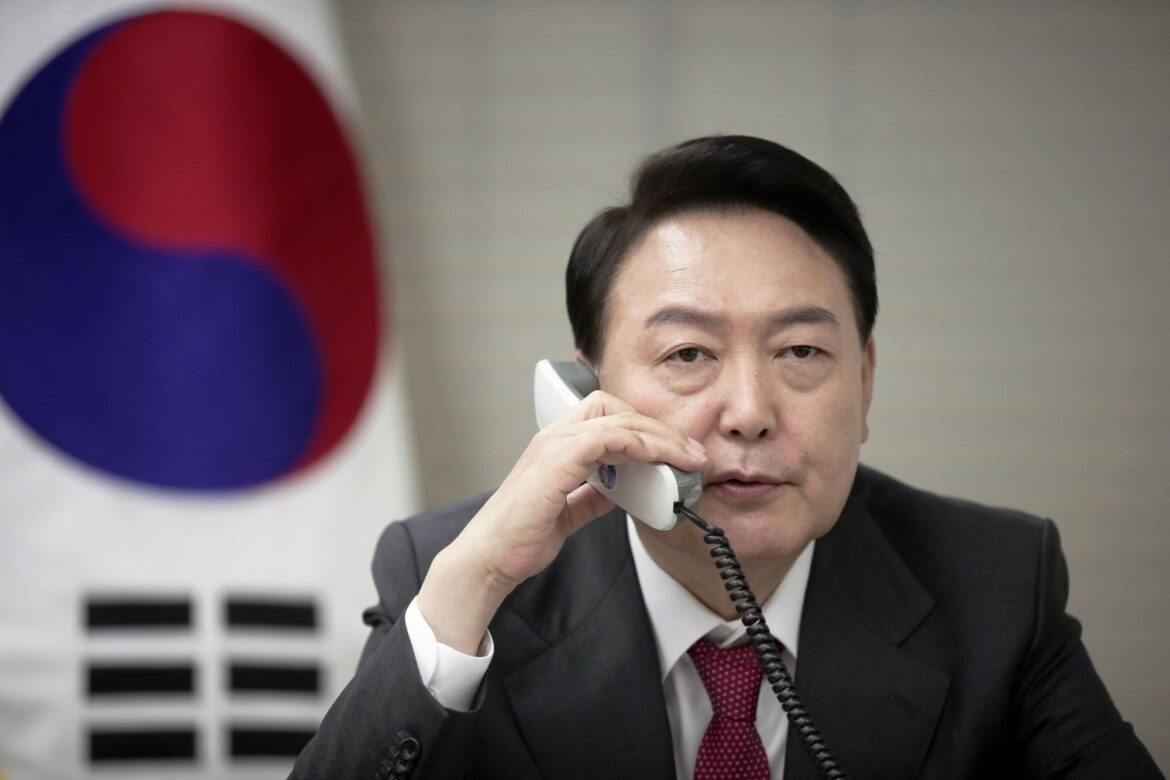 In an effort to enhance transparency and accountability, South Korea’s ruling People Power Party is pushing for the early enforcement of a bill that requires lawmakers and high-level government officials to declare their cryptocurrency and virtual asset holdings. The proposed legislation, which recently passed through a parliamentary subcommittee, aims to address growing concerns regarding the lack of disclosure surrounding digital assets.
In an effort to enhance transparency and accountability, South Korea’s ruling People Power Party is pushing for the early enforcement of a bill that requires lawmakers and high-level government officials to declare their cryptocurrency and virtual asset holdings. The proposed legislation, which recently passed through a parliamentary subcommittee, aims to address growing concerns regarding the lack of disclosure surrounding digital assets.
Representative Yun Jae-ok, the floor leader of the ruling party, emphasized the need for a more immediate implementation of the law, stating that the currently scheduled enforcement in December is too late. He argued that given the heightened public interest, especially in relation to lawmakers, the enforcement should be expedited. Yun Jae-ok has requested a modified version of the bill that includes an additional clause to advance the implementation to within the next one or two months.
The bill’s introduction stems from the aftermath of a cryptocurrency scandal involving former Democratic Party lawmaker Kim Nam-kuk, who now serves as an independent. Kim’s failure to disclose his ownership of 800,000 Wemix coins, valued at approximately 6 billion won ($4.5 million) at the time, sparked calls for greater transparency in politicians’ digital asset holdings. Unlike traditional assets such as cash, stocks, and bonds, digital assets were not subject to mandatory disclosure.
The proposed legislation would require lawmakers and high-ranking government officials to report their virtual assets during their annual asset disclosures. By doing so, the law aims to prevent instances where public figures hold substantial digital assets without appropriate public knowledge, as was the case with Kim Nam-kuk.
Representative Yun also raised concerns regarding suspicious financial activities involving Kim Nam-kuk. He alleged that Kim withdrew 250 million won in cash, which was not reported during his asset declaration. These allegations have led to suspicions of money laundering and further underscore the necessity for comprehensive disclosure laws.
The bill is set to be put to a vote on Friday, signaling a potential step forward in ensuring greater transparency and integrity in South Korea’s political landscape. By enforcing earlier disclosure of cryptocurrency holdings, the country aims to maintain public trust and prevent potential misuse of digital assets for illicit activities.



